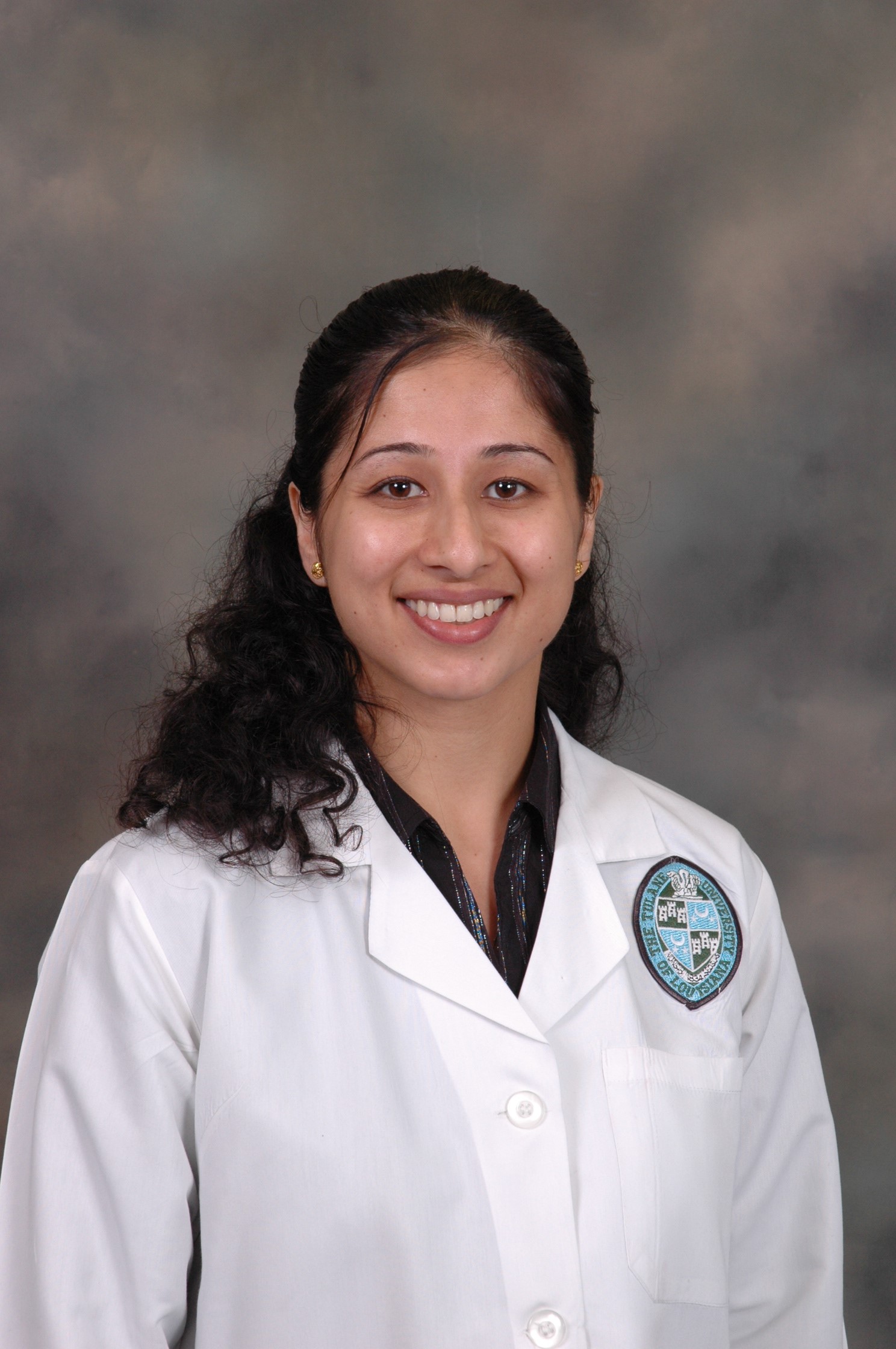Tips for talking to your doctor
- Category: Living Well
- Posted On:
- Written By: Sonia Malhotra, MD

The patient-doctor relationship is just that: a relationship. Often when people are feeling well, the relationship is positive. Even during distressing times such as when bad news is disclosed, the patient-doctor relationship can remain positive. Communication is one of the critical elements of any relationship. However, how do you build that relationship with your doctor so effective communication occurs? Below are ten tips to help you with visits to your physician and how to communicate well during them.
- Write Down a List of Questions and Concerns Before Your Appointment: Doctors often have limited time scheduled with each patient so prioritize the concerns you want to have addressed.
- Be on Time and Consider Bringing a Close Relative or Friend: Everyone needs and deserves support when managing their healthcare! It can be tough to remember everything. Relatives and friends can assist with remembering information regarding labs, diagnoses, and medications. Additionally, it is critical to be on time for your appointment. Tardiness affects the amount of time you get to spend with your doctor.
- Take Notes: If you have trouble taking notes, ask a relative or friend to do so. If something doesn’t make sense, ask for that information to be repeated and for your doctor to speak in non-medical terms. If you need an interpreter, ask for this so effective communication can occur in the language you prefer.
- Learn How to Access Your Medical Record: If your office doesn’t offer to assist you in setting up your own patient portal, ask if someone can help with this. Patient portals are a part of many electronic medical systems and can help you keep track of test results, diagnoses, treatment plans, and medications so you don’t have to carry so many papers.
- Contact Information and Preferred Method of Communication: It is okay to ask your doctor for their contact information and preferred method of communication. Each office has its own method of communicating with patients. Keep in mind that many doctors’ offices have a turnaround time of anywhere between 24 to 96 hours to get back to a patient.
- Nurses and Pharmacists Are Helpful at Answering Questions: Many clinics utilize a multidisciplinary approach to managing patients’ healthcare. If your clinic has a nurse or pharmacist, feel free to ask them questions! Often, they are a wealth of information and can help with questions related to labs and medications.
- Every Clinic has its Own Rules to Follow: Clinics and hospitals have to run smoothly so certain rules are in place to ensure this happens. Keep in mind that clinics can discharge patients when rules are not followed. Feel free to ask for a copy of your clinic or hospital’s policies.
- Talk to your Doctor about the Risks and Benefits of Treatments and Medications: Not every side effect listed on a medication’s profile will happen to each patient. Be sure to discuss these side effects with your physician or pharmacist in the clinic. Please do not stop taking a medication without calling or discussing it with your doctor. If needed, your doctor will prescribe an alternative to the medication causing the problem.
- Talk to your Doctor about Quality of Life and Goals for your Treatment: Doctors want to respect your wishes and often will ask what is important to you. Be open to talking through these things balancing hope and realism especially when working through challenging, life-altering diagnoses.
- Primary Care is Important: Even if you are seen by several subspecialists, it is important to have a physician who can keep track of everyone you are seeing and make sure communication is streamlined. Primary care doctors serve an important role to ensure yearly screenings are done and healthcare maintenance is occurring.
The basis of any relationship is communication that is kind and honest. The above tips can help patients communicate kindly, honestly, and effectively with doctors and clinic staff.

Dr. Sonia Malhotra is the Director of Palliative Medicine and Supportive Care at University Medical Center and an Assistant Professor of Medicine and Pediatrics at Tulane University School of Medicine and Louisiana State University School of Medicine.


